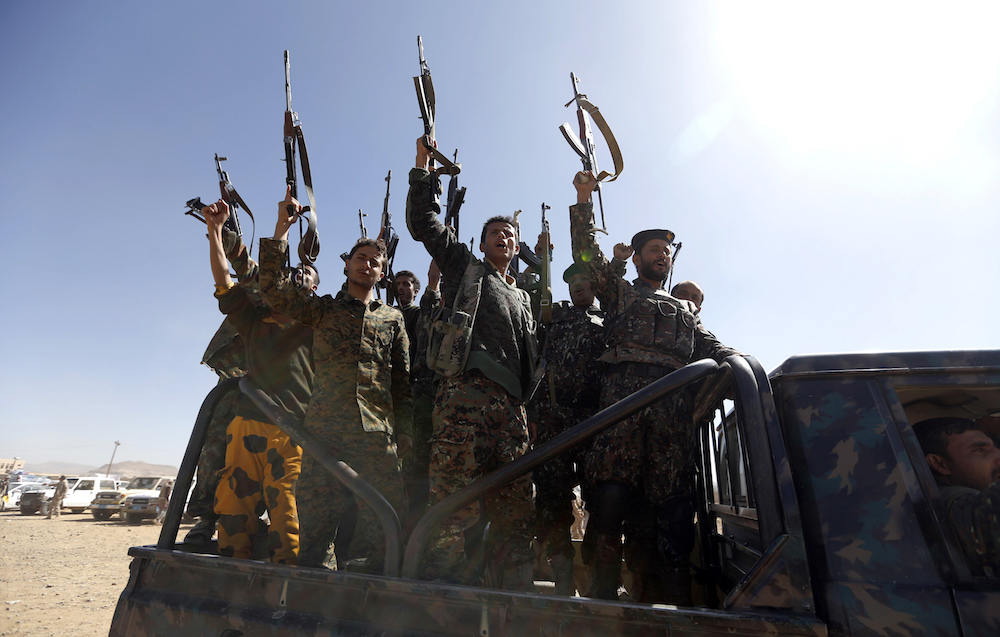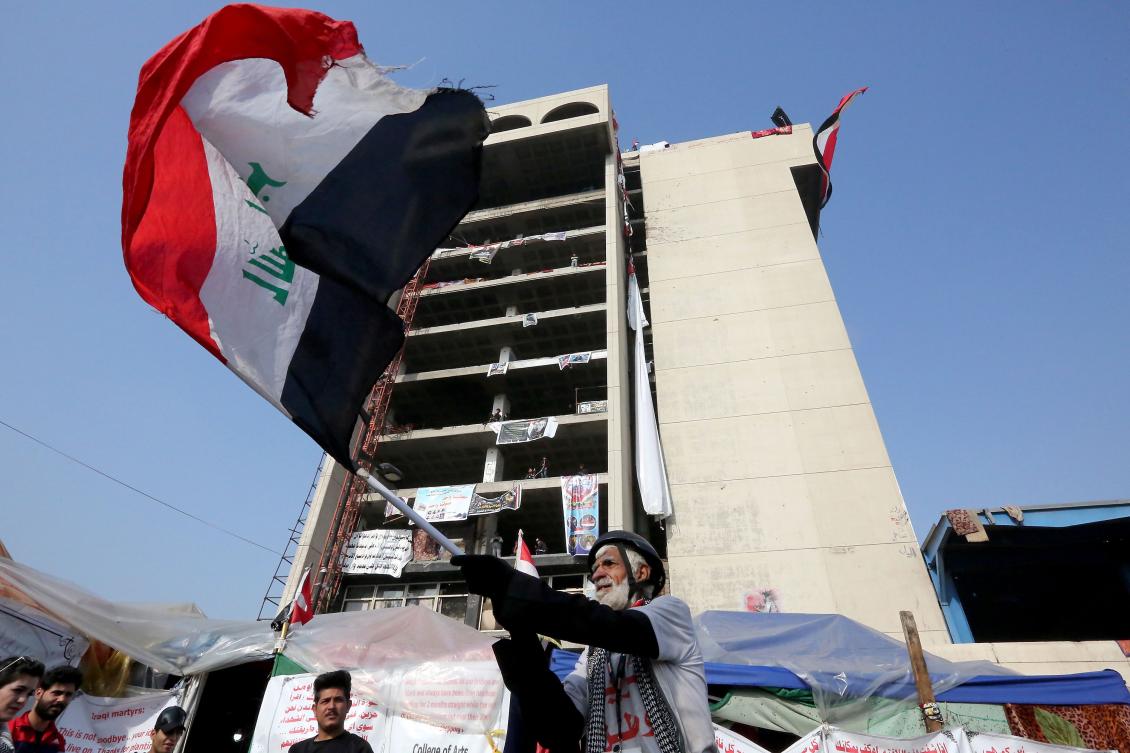Haftar forces to target Turkish troops entering Libyan territory
TRIPOLI: The Libyan Army has warned that it would target any Turkish forces entering Libya.
The threat came after Libya’s Government of National Accord (GNA), based in the capital Tripoli, approved the implementation of a military deal with Turkey, paving the way for a bigger role for Ankara in the conflict-hit country.
Brig. Khaled Al-Mahjoub, director of moral guidance in Khalifa Haftar’s Libyan National Army, said in statement to Al Arabiya, that it was unlikely Turkish President Recep Tayyip Erdogan would send troops to Libya, “because this violates UN Security Council resolutions.”
He said any Turkish troops setting foot on Libyan territory would be considered “hostile” forces and legitimate target.
He added that the decision of GNA head, Fayez Serraj, to activate the military cooperation agreement with Turkey was only “aimed at boosting his militia’s morale.”
A GNA statement said its Cabinet had “unanimously approved the implementation of the memorandum of understanding on security and military cooperation between the GNA and the Turkish government signed on Nov. 27.”
The GNA, which met in the presence of military officials, gave no further details about the terms of the agreement or the assistance Ankara could provide to pro-GNA forces facing an offensive by Haftar.
Erdogan said on Dec. 10 that Ankara was ready to send troops to Libya to support the GNA after the deal agreed on Nov. 27 in Istanbul with Sarraj.
“If Libya makes such a request from us, we can send our personnel there, especially after striking the military security agreement,” he said.
According to the UN, Turkey has already supplied military equipment to forces loyal to the GNA, including tanks and drones.

Libya’s GNA says ready to implement military deal with TurkeyLibya’s Haftar announces ‘decisive battle’ for Tripoli



